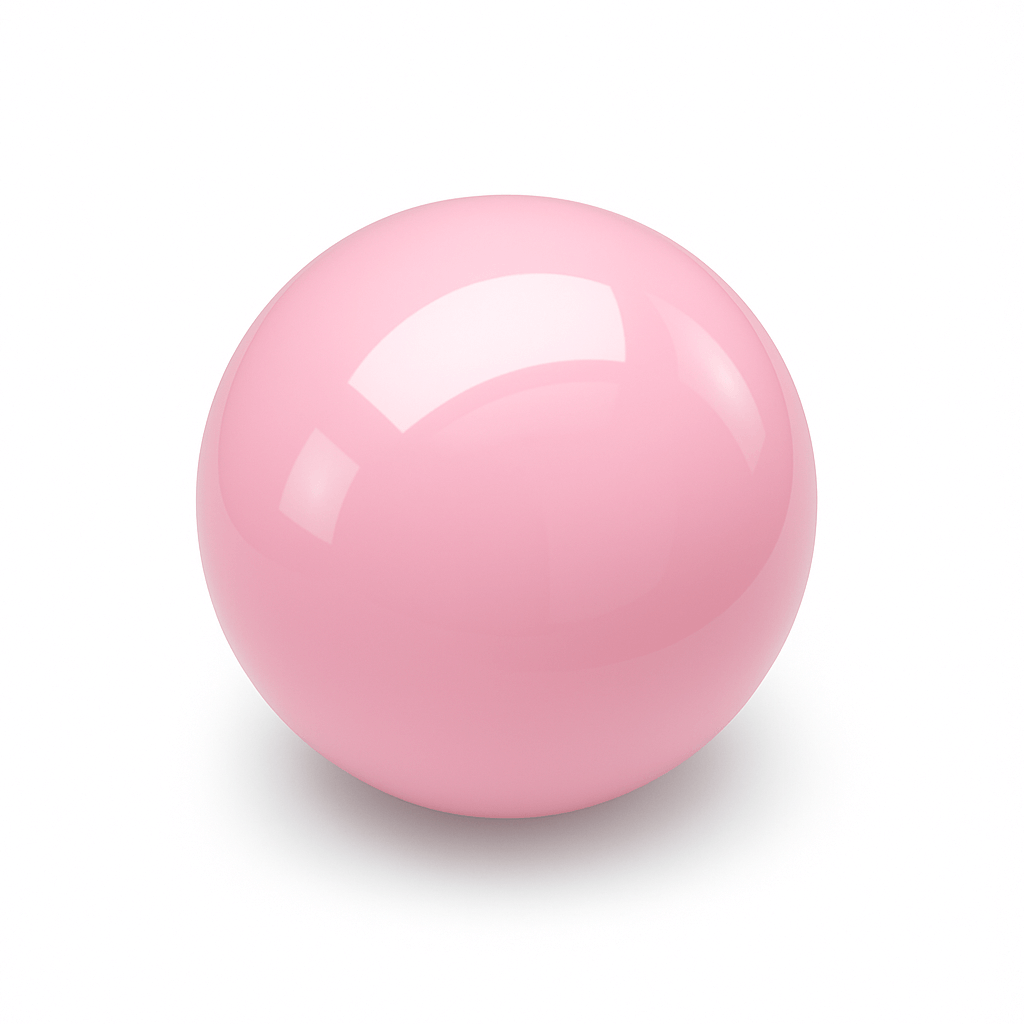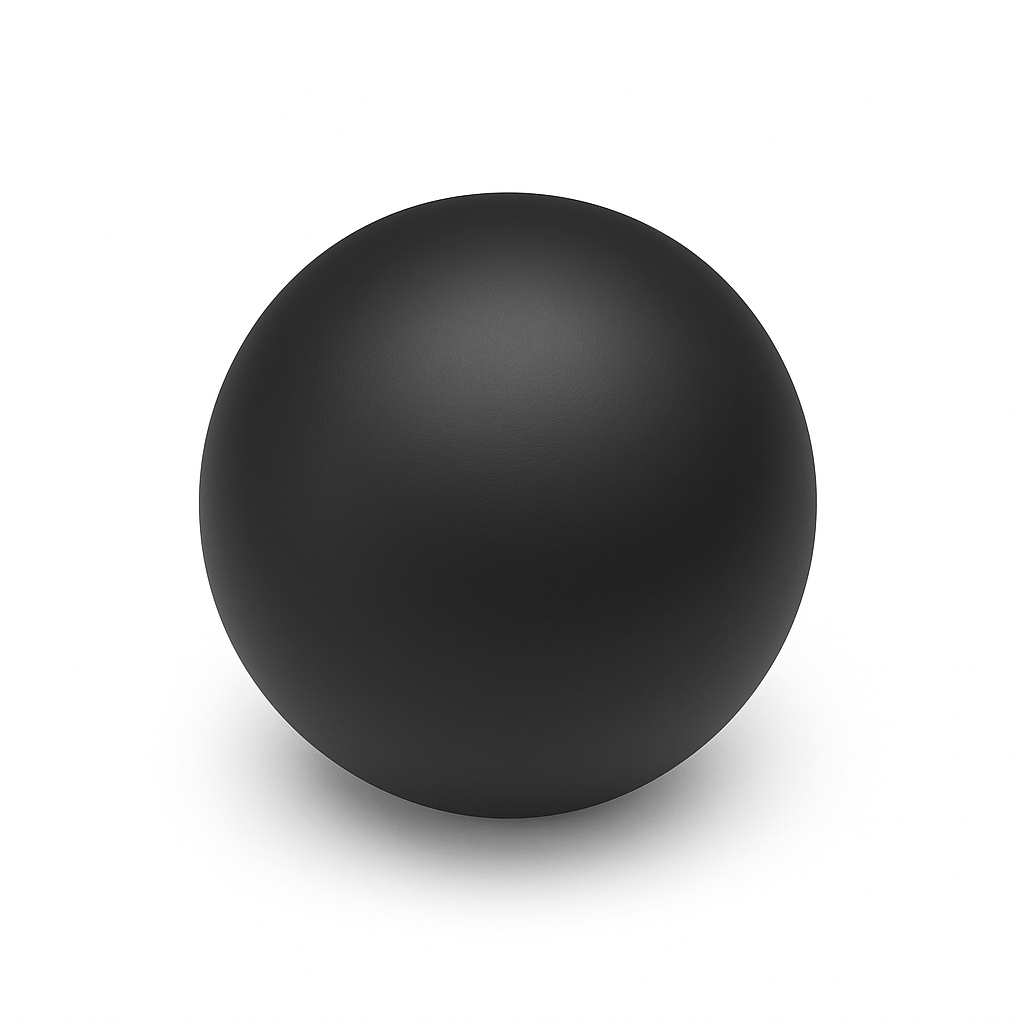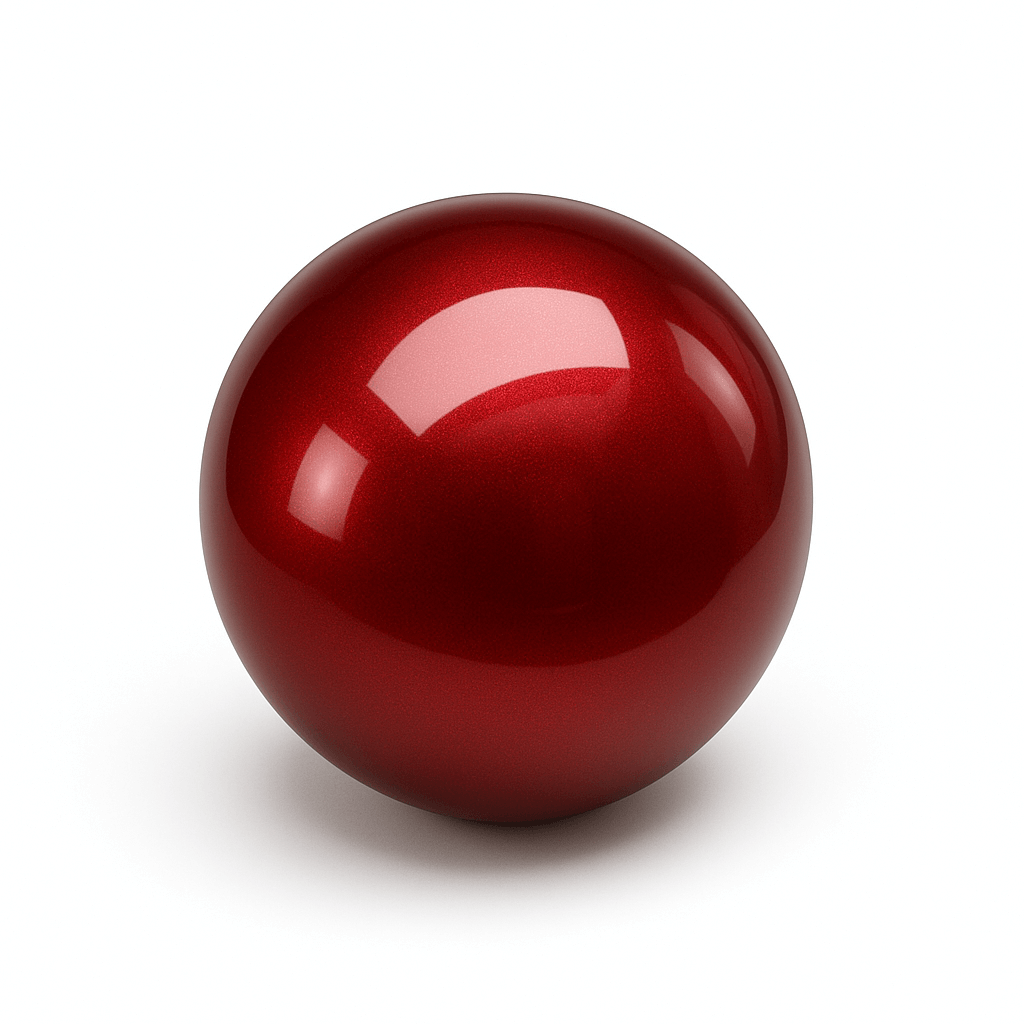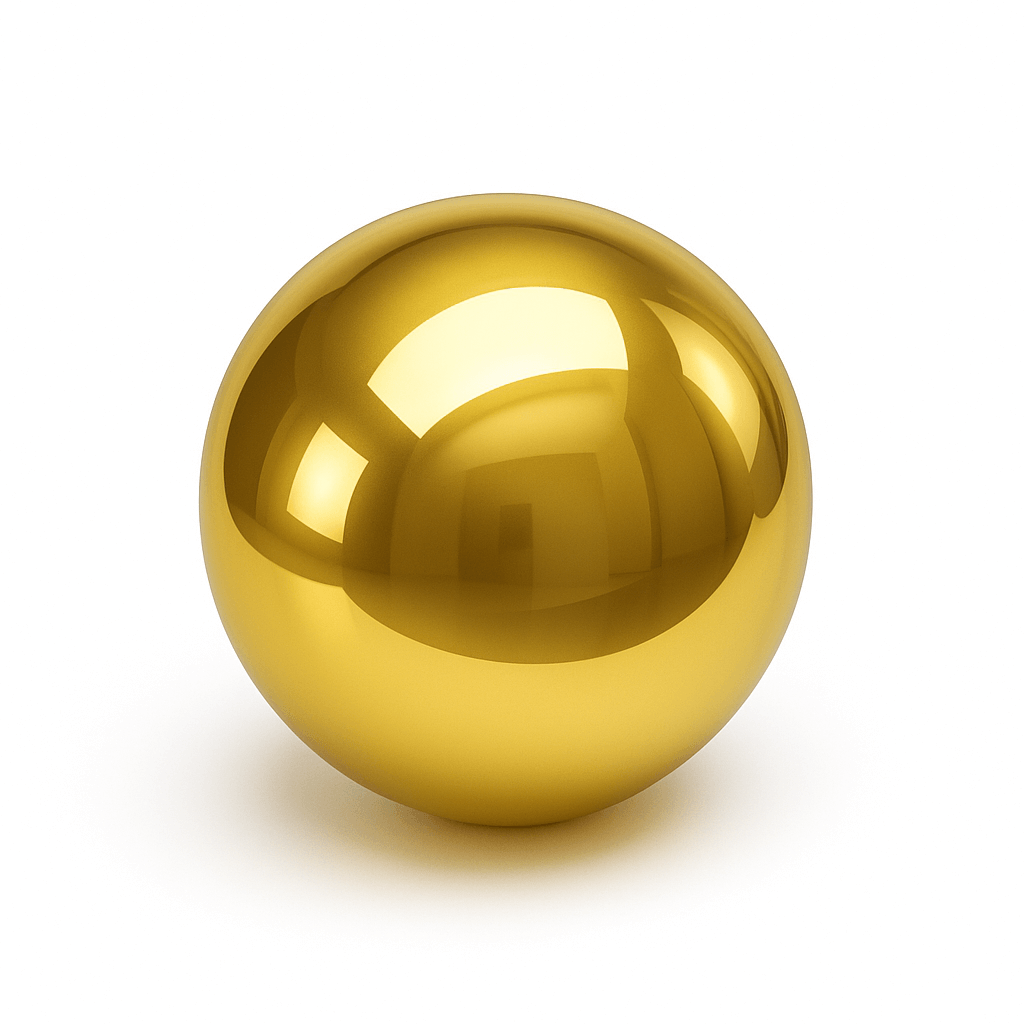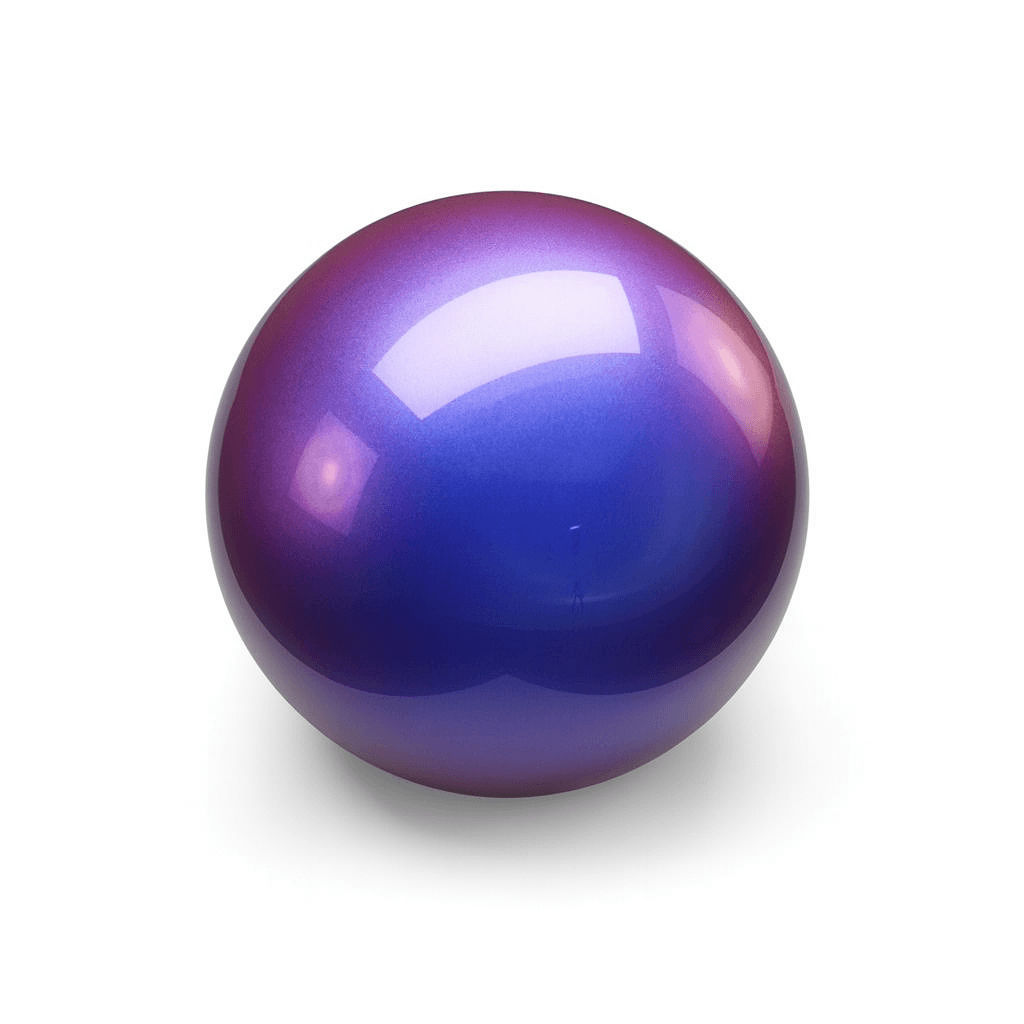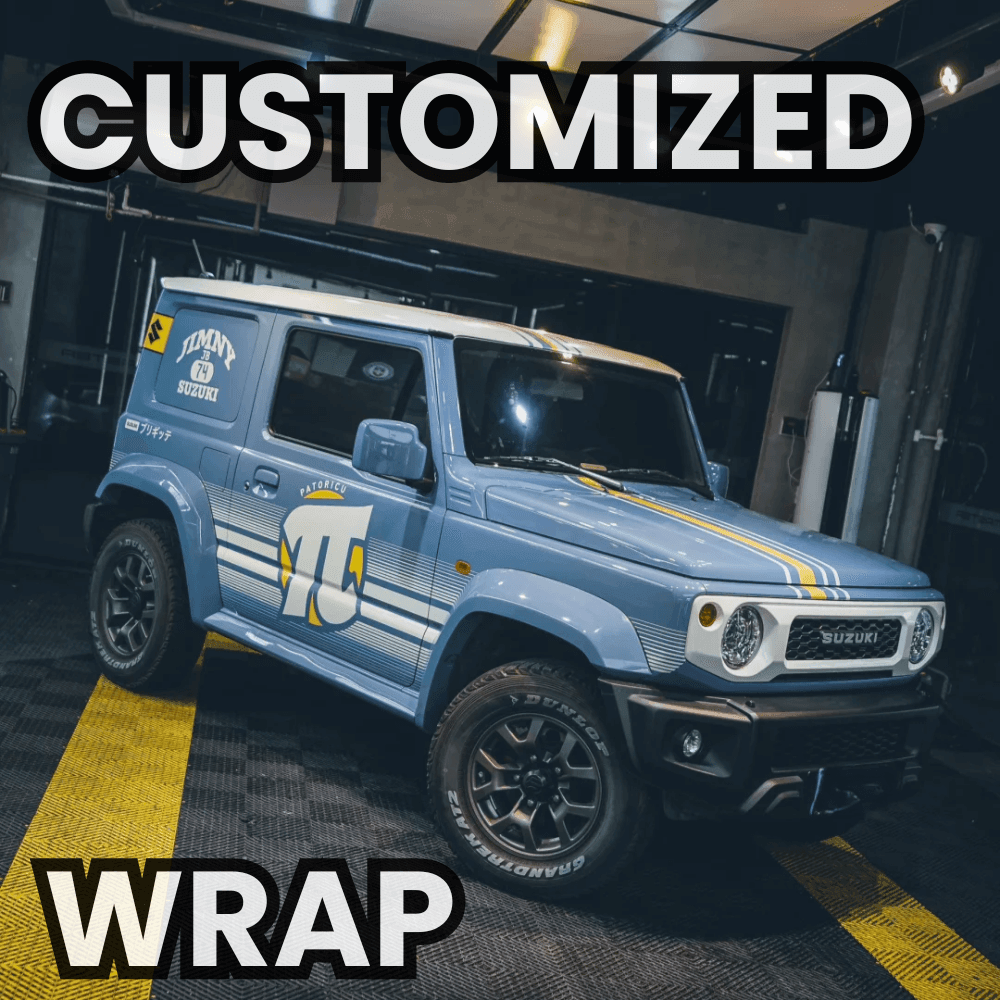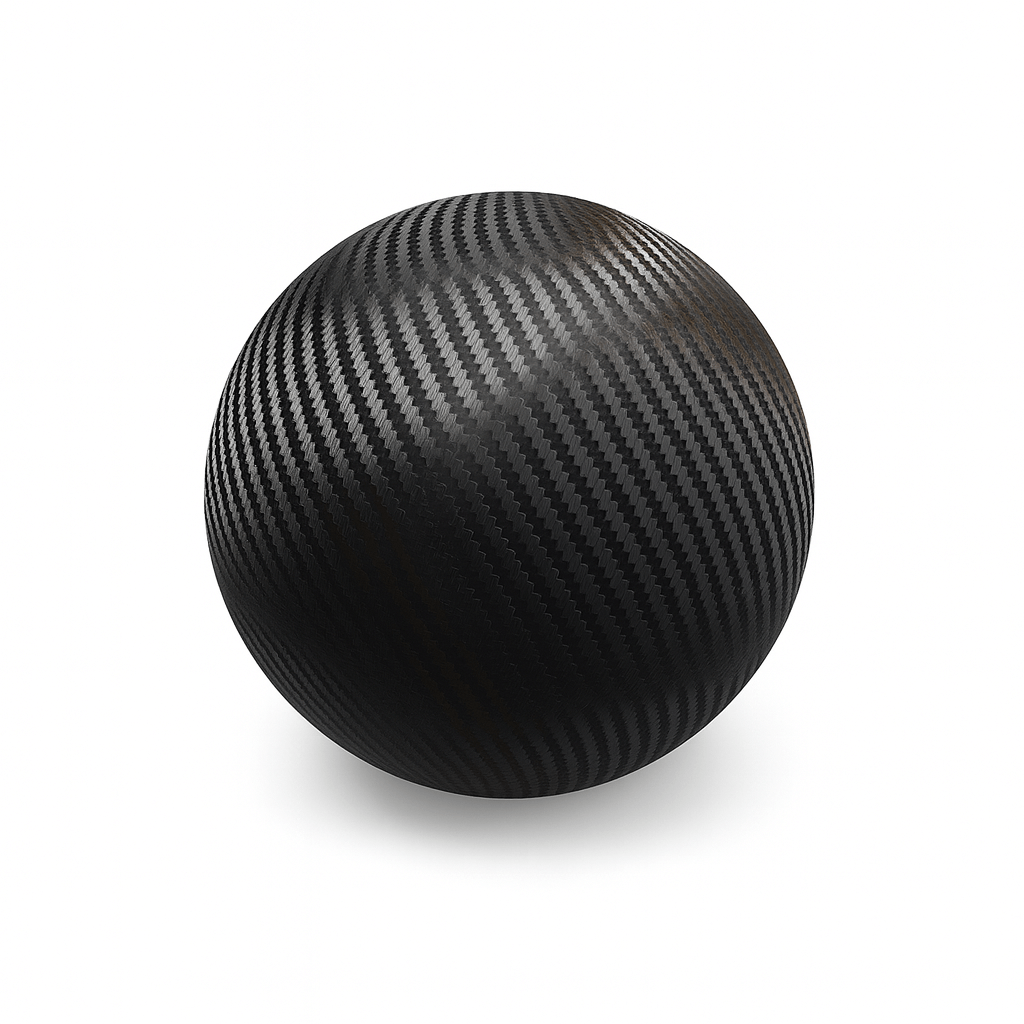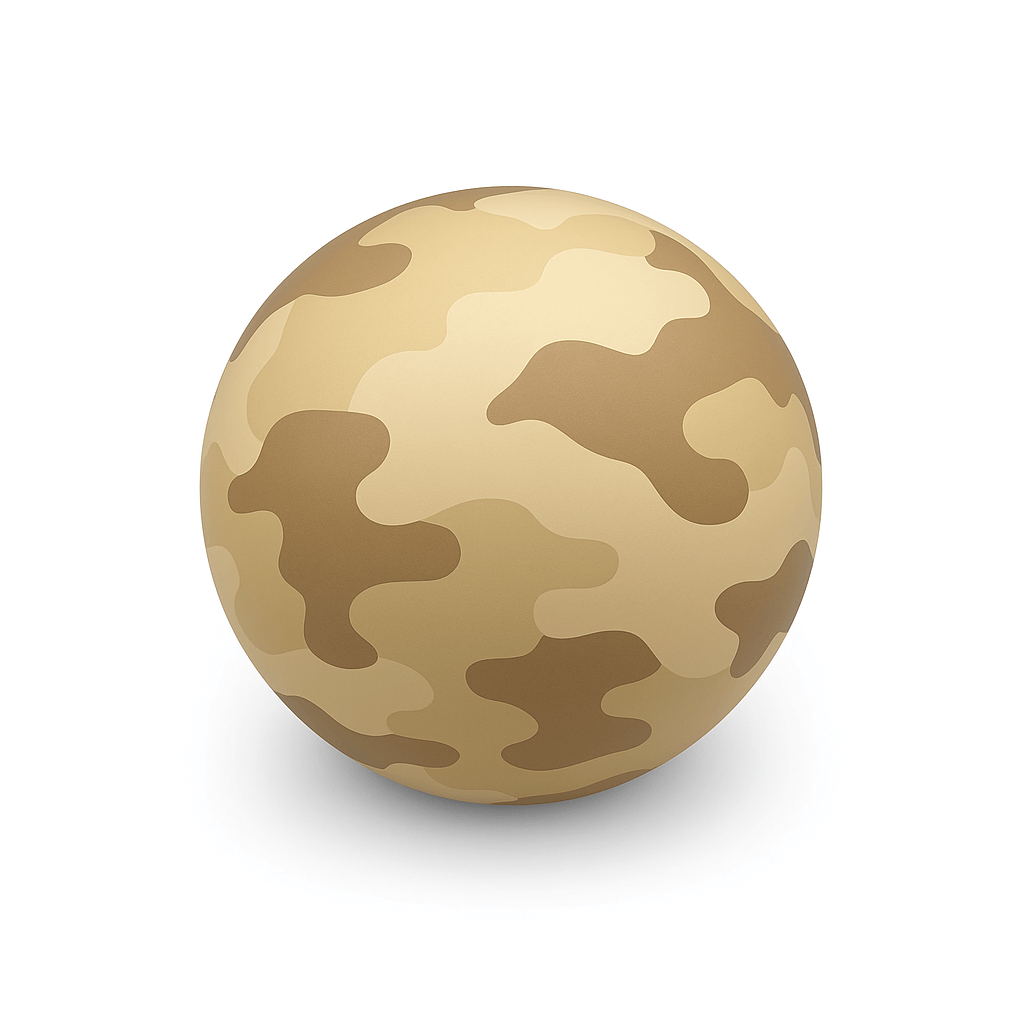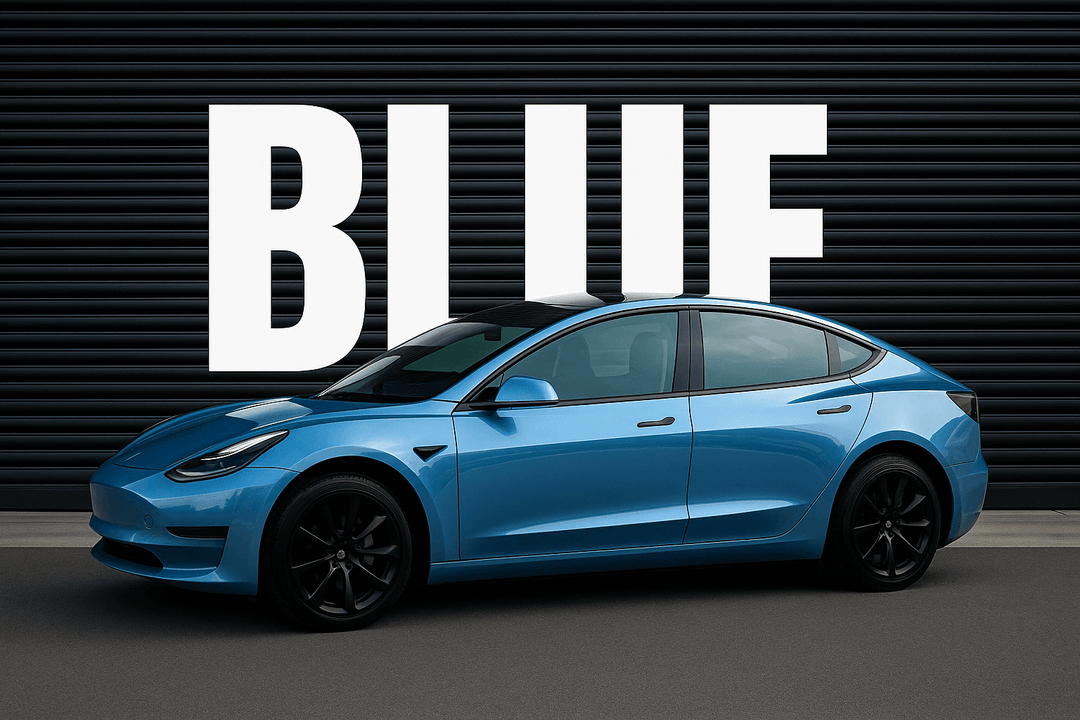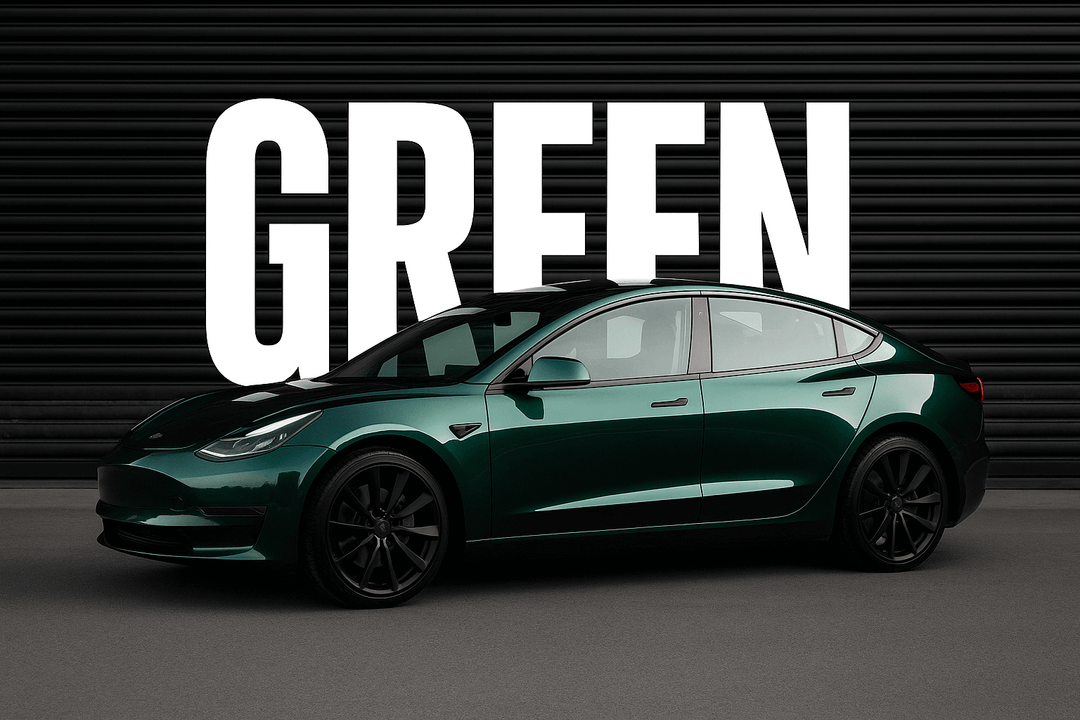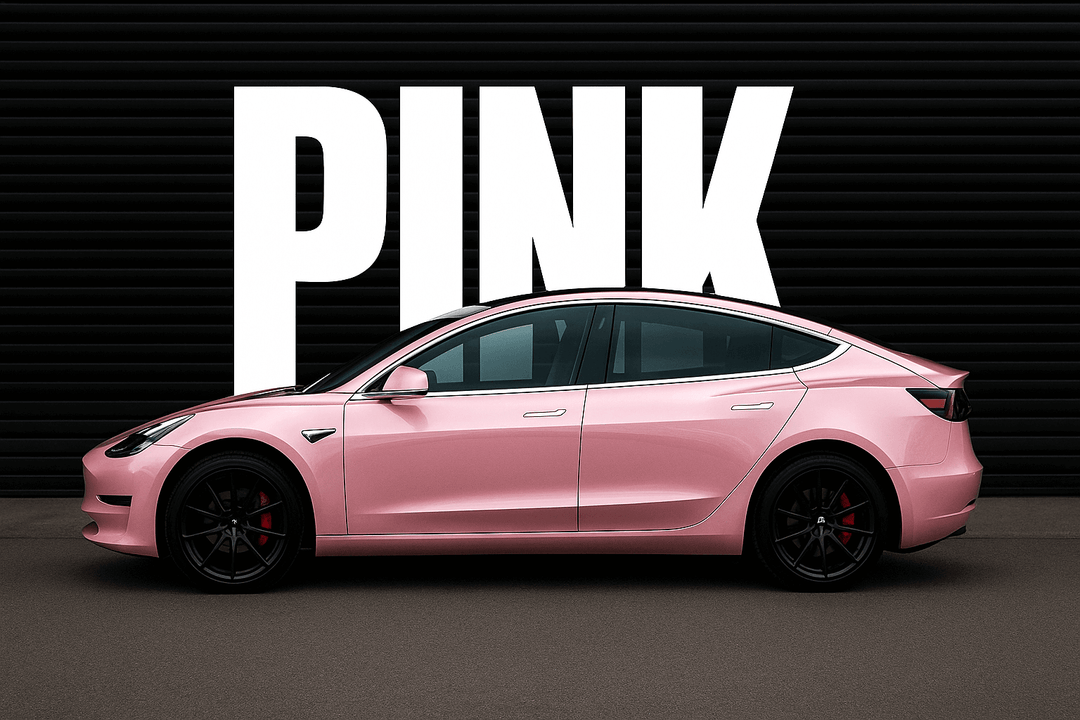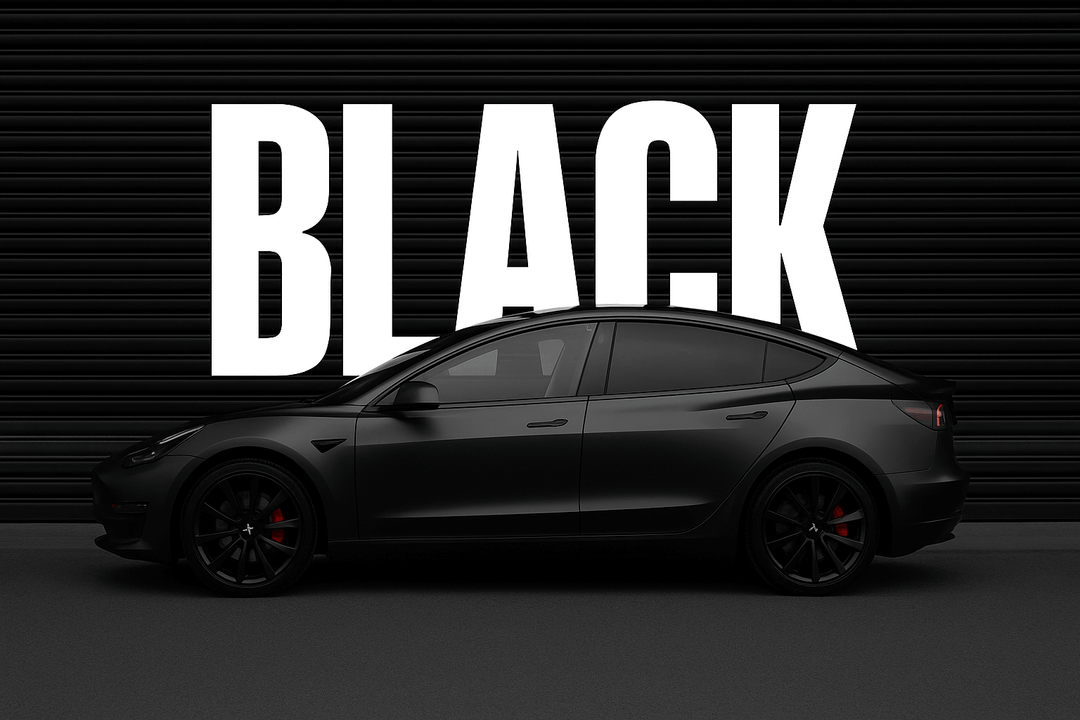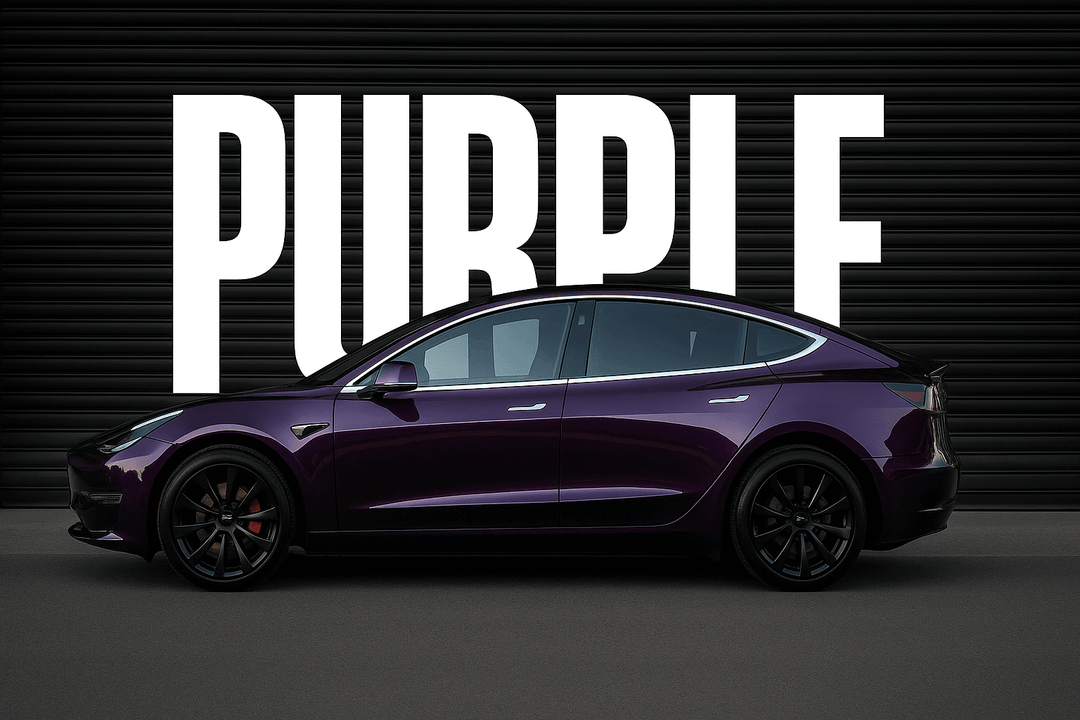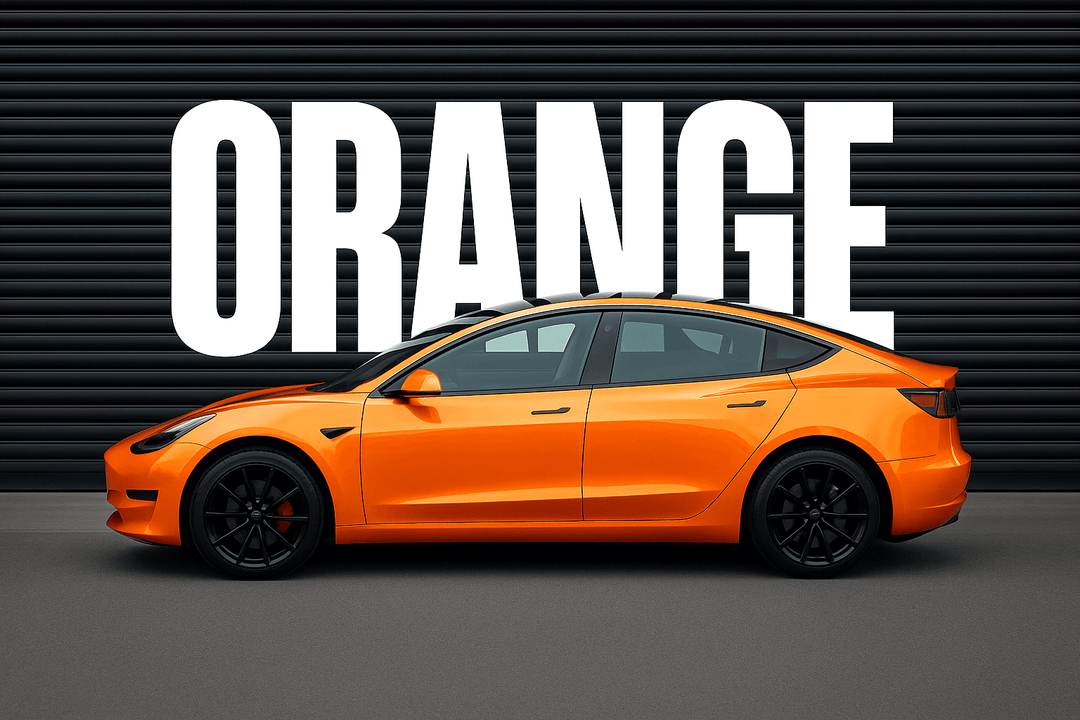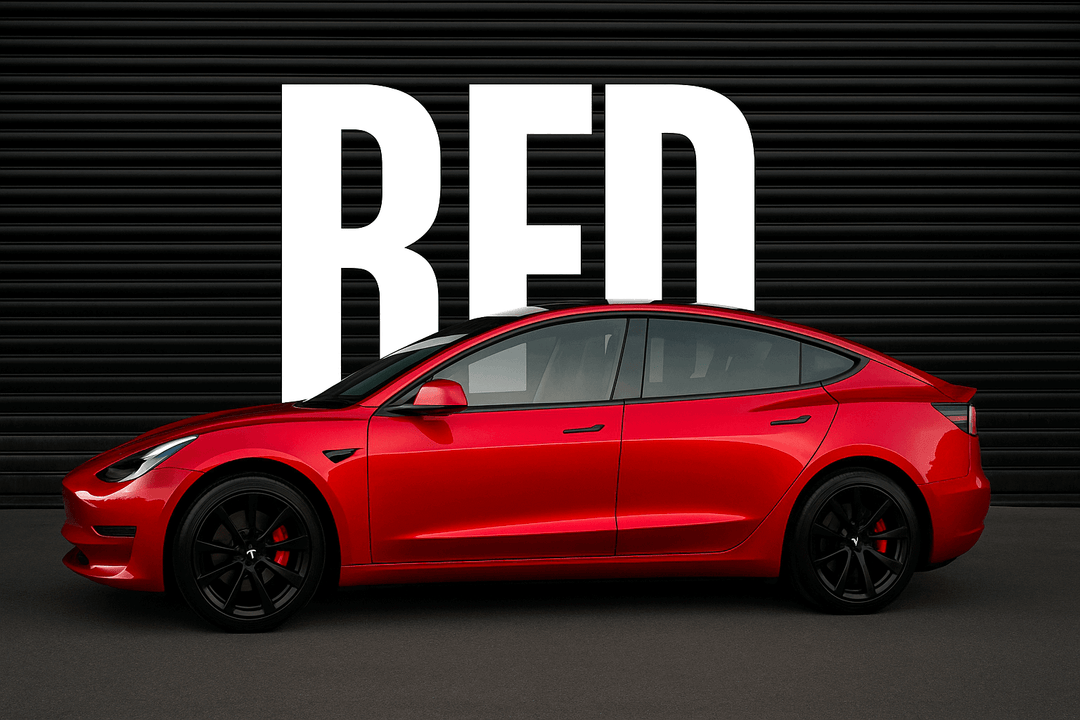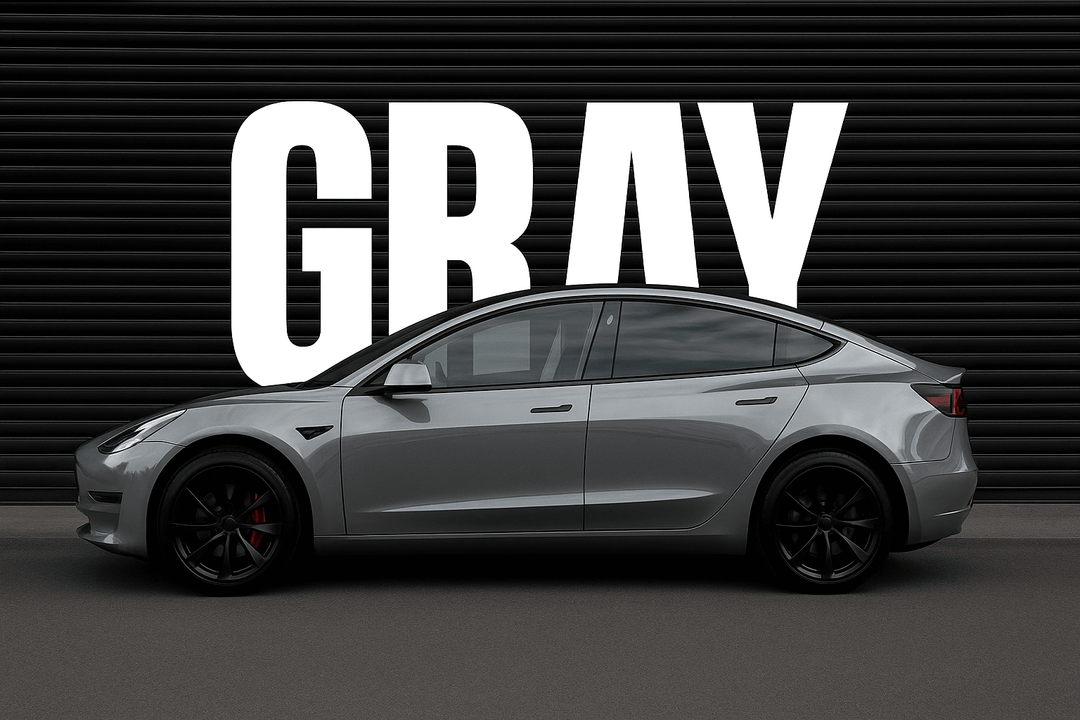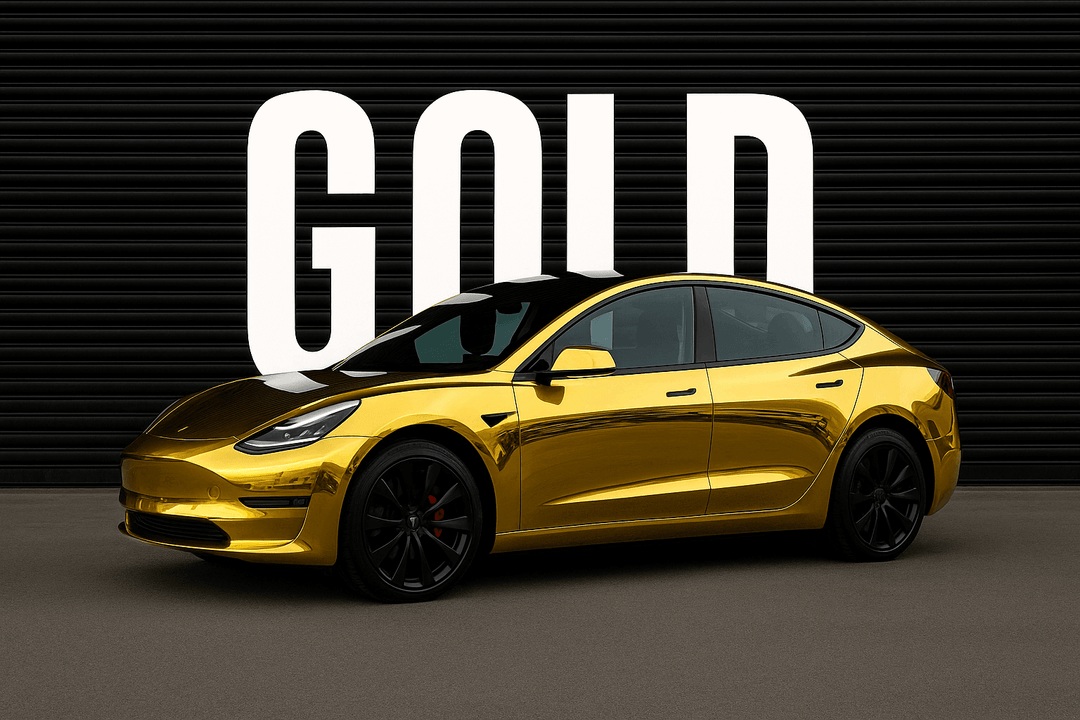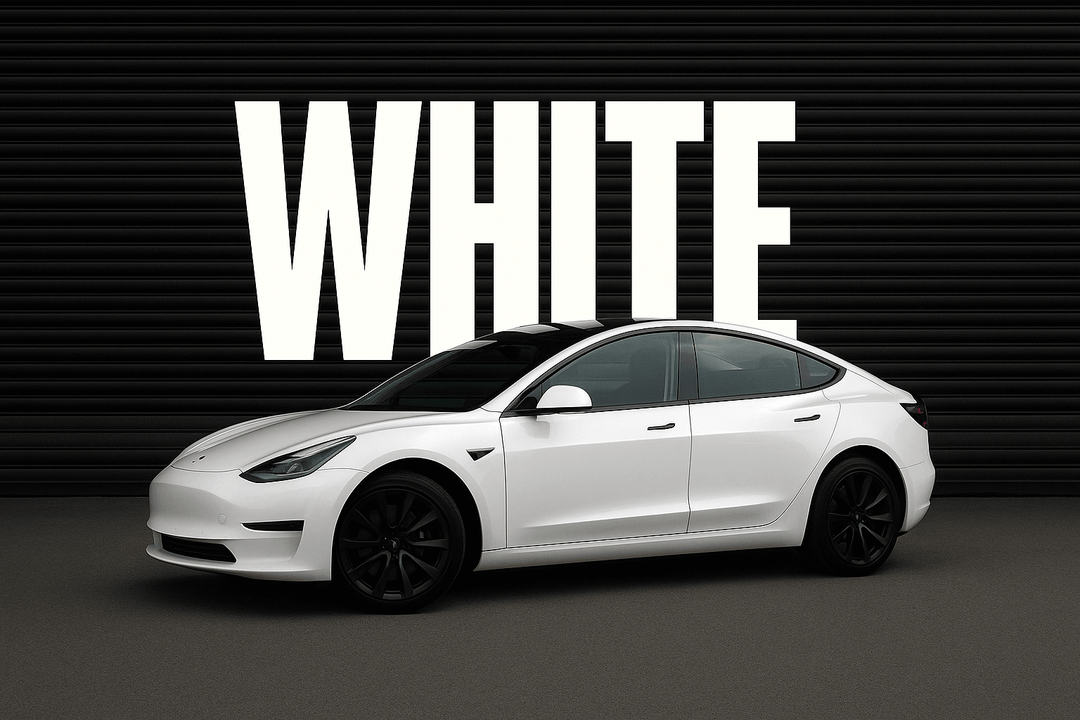How Much Does Carbon Fiber Wrap Cost
Carbon fiber vinyl film is one of the most popular car wraps to customize and protect a vehicle’s appearance. A carbon vinyl transforms the look of any car with its carbon-textured finish and offers a practical layer of protection for expensive paintwork. The result is a sleek, head-turning style that mimics the appearance of real carbon fiber, without the extreme cost of using actual carbon fiber panels.
If you have been considering giving your car a custom, high-end look, carbon fiber wrap offers an affordable way to achieve it. But how much does it cost? This guide will break down everything you need to know about carbon fiber wrap pricing. From small trim pieces to full vehicle wraps, and from DIY options to professional installation, you'll find a comprehensive cost breakdown to help you make the best decision for your budget and vehicle.
Factors That Affect Carbon Fiber Wrap Cost
There are several factors that influence the final cost of a carbon fiber wrap. We list the main variables that affect prices below to help you plan your project and choose the right materials to fit both your style and your budget.
1. Type of Vinyl
Not all carbon fiber wraps are created equal. The design, texture, and quality of the vinyl play a major role in pricing. Let's take a look at the mainstream carbon fiber vinyl on the market:
Standard Black Weave Carbon Fiber
This is the most familiar and widely used type of carbon fiber wrap. It features a classic woven pattern that closely resembles traditional carbon fiber fabric. Standard carbon fiber vinyl is usually the most affordable option while still delivering an authentic high-performance look. Pricing for standard weave films starts on the lower end of the cost spectrum.
Forged Carbon Fiber Wrap
Forged carbon fiber vinyl replicates the random, marbled pattern of real forged carbon panels seen on high-end supercars. This design offers a bold, modern twist on traditional carbon fiber. Forged carbon wraps often require more complex printing and manufacturing, so they typically cost more than standard weave films.
Honeycomb Textured Carbon Fiber Wrap
Honeycomb patterns offer a more aggressive and futuristic aesthetic. The hexagonal texture creates additional depth and catches light differently than standard weave patterns. This specialty finish is considered more unique and tends to be priced slightly higher due to its complex design and limited production availability.
Carbon Fiber Paint Protection Film (Carbon Fiber PPF)
Carbon fiber PPF is a hybrid option that combines the protective properties of paint protection film with the appearance of carbon fiber. While regular vinyl wraps offer style, PPF adds serious long-term protection against rock chips, scratches, and UV exposure. This option is typically the most expensive of all carbon fiber wrap types because of its dual function as both a style upgrade and a protective barrier.
2. Area Covered
The amount of surface you plan to wrap is one of the biggest drivers of cost. Carbon fiber wrap can be used for everything from small accent pieces to full vehicle transformations, and the price changes significantly depending on how much material is needed.
Small Accents
If you are looking to add a touch of carbon fiber style without wrapping the entire car, small accents are a very cost-effective option. Popular areas for accents include:
-
Side mirrors
-
Spoilers and lips
-
Door handles
-
Interior trim pieces
-
Small pillars or trim moldings
These smaller projects require minimal material and can often be installed with a single small roll of vinyl. Material costs typically range from $20 to $100, depending on the size and type of wrap you choose. Labor charges for professional installation remain fairly low since these areas are quick and relatively easy to cover.
Medium Sections: Hoods, Roofs, and Trunks
Larger panels like the hood, roof, or trunk lid provide a bigger visual impact and require more precision during installation. These flat, open areas showcase the carbon fiber pattern beautifully and are among the most popular choices for partial wraps. The material cost for wrapping a hood or roof usually runs between $200 and $300, depending on the brand and film quality. Professional labor can add another $300 to $600, especially for large single pieces like full-size hoods.
Full Vehicle Wrap
A full carbon fiber vehicle wrap delivers a completely custom appearance, transforming every panel into a seamless carbon fiber masterpiece. Because this option requires the most vinyl and the most labor, it comes at the highest price. You will typically need 55ft to 60ft of film to wrap an average sedan, with SUVs and trucks requiring even more. Material costs for a full wrap often range from $500 to$800, while professional installation can add $3,000 to $5,000 or more, depending on complexity.
3. Vehicle Size and Complexity
The size and shape of your vehicle play a major role in determining how much a carbon fiber wrap will cost. Simply put, the larger the vehicle, the more material and labor it requires. A compact coupe or sedan needs much less film than a full-size SUV, truck, or van. More surface area means higher material costs and more time spent on installation.
Beyond size, the complexity of the vehicle’s design also impacts pricing. Vehicles with simple, flat panels are easier and faster to wrap. On the other hand, cars with intricate curves, sharp body lines, recessed areas, or unique features like wide fenders, aggressive bumpers, or custom spoilers require significantly more skill and time to wrap correctly.
For example, a Tesla Model S with its sleek, smooth surfaces may be easier to wrap than a sports car with flared wheel arches, deep side skirts, or complex front and rear bumpers. The more complex the vehicle’s shape, the more time-consuming and labor-intensive the process becomes, which directly increases the overall cost.
4. Professional vs DIY Installation
One of the biggest decisions that will affect your total carbon fiber wrap cost is whether you plan to install it yourself or hire a professional.
DIY Installation
If you choose to handle the installation yourself, your biggest expense will be the vinyl itself. For smaller projects like trim pieces, mirrors, or hoods, you might spend anywhere from fifty to several hundred dollars, depending on the type of film you select. You will also need to invest in basic tools such as:
-
Heat gun or hair dryer
-
Squeegee or felt applicator
-
Utility knife
-
Surface cleaning supplies
The tool costs are generally minimal, especially if you plan to wrap multiple pieces over time. DIY installation can save you hundreds or even thousands of dollars in labor, but it does require patience, skill, and practice. Carbon fiber wrap, in particular, can be challenging to work with due to its directional patterns and textured finish.
Professional Installation
Hiring a professional installer adds significant labor cost, but it also provides peace of mind. For small accent areas, professional labor might cost $200 to $300. Full wraps typically range from $3,000 to $5,000, depending on the complexity of your vehicle, film type, and regional labor rates.

5. Your Location
Where you live plays a surprisingly large role in determining how much your carbon fiber wrap will cost. Labor rates, demand, competition, and local market conditions all vary from one region to another, often by hundreds or even thousands of dollars.
High-Cost Metro Areas
In large cities and affluent regions, labor rates for professional wrap services are typically higher. Shops in places like Los Angeles, New York, San Francisco, or Miami often charge at the upper end of the price range. The high cost of business overhead, skilled labor shortages, and strong demand for premium customization drive prices upward.
In these areas, full carbon fiber wraps can easily reach $4,000 to $6,000, even for mid-size vehicles. Specialty wraps like forged carbon or complex multi-panel installations may push the cost even higher.
Mid-Sized Markets
In mid-sized cities or suburban areas, pricing tends to be more moderate. You can often find reputable installers offering full carbon fiber wraps in the $2,500 to $4,000 range, depending on vehicle size and film choice. Labor is still professional and competitive, but not as inflated as premium metro areas.
Lower-Cost Rural Areas
Smaller towns and rural locations often have lower labor costs due to less overhead and reduced demand for custom wrap services. However, it is important to ensure that local installers have the right experience with carbon fiber vinyl, which can be more challenging to work with than solid color films.
In these areas, you may find full carbon fiber wraps for as low as $2,000, though quality and experience levels can vary significantly.
If you plan to hire a professional, getting quotes from multiple reputable shops in your area is always a smart first step. But keep in mind that cheaper is not always better.
Carbon Fiber Wrap Cost Breakdown
To help you get a clear idea of what to expect, here is a detailed cost breakdown for different carbon fiber wrap applications. Whether you plan to handle the job yourself or hire a professional, the price depends heavily on the size of the area being wrapped and the complexity of the work.
|
Application Area |
Material Cost (DIY) |
Professional Installation |
|
Small trim pieces |
$30 – $50 |
$100 – $150 |
|
Mirrors |
$50 – $80 |
$150 – $250 |
|
Roof wrap |
$120 – $250 |
$300 – $600 |
|
Hood wrap |
$150 – $300 |
$350 – $700 |
|
Full car wrap |
$400 – $800 (materials only) |
$3,000 – $5,000 (installed) |
A few things to keep in mind:
-
Small accent pieces like trim, mirrors, or spoilers are usually very affordable, even with professional labor.
-
Larger panels, such as hoods and roofs, start to increase in cost due to the amount of material required and the precision needed to apply the film properly.
-
Full car wraps represent the biggest investment. These projects require significant amounts of material, expert pattern alignment, and many hours of labor, especially with textured films like carbon fiber.
Real Carbon Fiber vs Carbon Fiber Wrap: What’s the Difference?
Many people love the look of carbon fiber but are often surprised to learn how different real carbon fiber is from carbon fiber vinyl wrap. While both offer that distinctive woven appearance, they serve very different purposes and come with very different price tags.
Real carbon fiber is a structural material used in high-performance vehicles, aerospace, and racing applications. It offers incredible strength and substantial weight reduction, but comes at a very steep cost. Each real carbon fiber panel must be molded specifically for the part, making customization extremely limited. It does not protect the underlying paint since it typically replaces the original panel rather than covering it.
Carbon fiber vinyl wrap, on the other hand, delivers the visual appeal of carbon fiber without the high cost or complexity. It is applied directly over existing paint, which means you get the look without altering the actual structure of your vehicle. Besides being far more affordable, carbon fiber wrap adds a layer of paint protection against minor scratches, chips, and UV damage. It also opens up nearly unlimited customization options, from standard weave to forged carbon, honeycomb, and even color shift carbon fiber effects.
|
Feature |
Real Carbon Fiber |
Carbon Fiber Vinyl Wrap |
|
Cost |
Extremely High |
Affordable |
|
Weight Reduction |
Yes |
No |
|
Protection |
No |
Yes (paint protection) |
|
Installation |
Complex |
Easy |
|
Customization |
Limited |
Endless |
Why Choose Carbon Fiber Wrap?
Carbon fiber film combines luxurious appearance, practicality, and affordability, making it the best alternative for real carbon fiber.

High-End Look for a Fraction of the Price
Carbon fiber wrap allows you to achieve the high-performance, exotic look of real carbon fiber without spending thousands on genuine carbon panels. The textured weave patterns, rich depth, and 3D appearance replicate the visual appeal of real carbon fiber extremely well, at just a fraction of the cost.
Protects Your Original Paint
Besides its aesthetic value, carbon fiber vinyl wrap serves as a protective shield for your factory paint. It guards against scratches, minor stone chips, road debris, and UV exposure that can fade or damage your original finish. This helps preserve your vehicle’s resale value while keeping your paintwork in excellent condition.
Removable and Reversible
Unlike permanent modifications or repainting, vinyl wrap is fully removable and reversible. If you decide to change the look later or return your car to its original condition, the wrap can be peeled off without damaging the underlying paint. This flexibility makes wraps ideal for leased vehicles, car enthusiasts who like to refresh their style, or anyone who values long-term versatility.
Endless Customization Options
Carbon fiber wraps come in multiple textures and finishes to fit your style. Whether you want a standard weave, forged carbon, honeycomb pattern, or even colored carbon fiber effects, there’s something for every taste. You can wrap full panels or use it for targeted accents on hoods, roofs, mirrors, or spoilers, etc.
Final Thoughts
When you compare the cost of wrapping to the expense of repainting, carbon fiber wrap stands out as a smart, affordable investment. A full respray can easily cost six thousand dollars or more, while a complete carbon fiber wrap often comes in at half that price, all while delivering a bold, premium appearance.
Carbon fiber wrap delivers the luxury aesthetic of high-end supercars without the high-end price tag. It gives you the freedom to protect your paint, refresh your style, and create a unique, head-turning design that reflects your taste.
If you are ready to give your vehicle that high-performance look, explore the wide range of carbon fiber wrap options available at Yeswrap. From classic weaves to bold forged carbon designs, we offer premium films and expert support to help bring your vision to life. Contact us today for a quote or consultation and start your custom wrap journey with confidence.
Frequently Asked Questions
Do carbon fiber vinyl wraps fade in the sun?
High-quality carbon fiber vinyl wraps are designed with UV protection to resist fading. However, over several years of direct sun exposure, some fading can occur, especially with lower-grade films. Parking in the shade, using a ceramic coating, and regular maintenance can help extend the vibrancy of the wrap for many years.
Can I install carbon fiber wrap myself?
Yes, you can install carbon fiber wrap as a DIY project, especially for small accents like mirrors, trim, or interior panels. Full vehicle wraps or larger sections like hoods and roofs are much more challenging and often better handled by professionals due to the complex curves and pattern alignment required for carbon fiber textures.
Does carbon fiber wrap damage paint?
No. Carbon fiber vinyl wrap helps protect your original paint from minor scratches, chips, and UV exposure. When installed and removed properly, it leaves the underlying paint in excellent condition. Wraps are completely reversible, making them a safe option for leased vehicles or preserving resale value.
Can you wrap interior parts with carbon fiber film?
Absolutely. Many car owners use carbon fiber vinyl to upgrade interior trim pieces such as dashboards, center consoles, door panels, and gear shifters. It adds a sporty, custom appearance inside the cabin and is an affordable way to refresh worn or outdated interior surfaces.
Is carbon fiber wrap waterproof?
Yes. Carbon fiber vinyl wraps are fully waterproof and can withstand rain, snow, and routine car washing once properly installed. The film is designed to form a sealed barrier over the paint, protecting it from moisture, dirt, and environmental contaminants.
How long does carbon fiber vinyl wrap last?
With proper installation and care, high-quality carbon fiber vinyl wraps typically last between three and five years. Some premium films can last even longer, especially when protected from harsh elements. Regular maintenance, gentle hand washing, and parking in shaded areas can help maximize the lifespan of your wrap.
Related Resources:
Carbon Fiber Wrap for Interior



